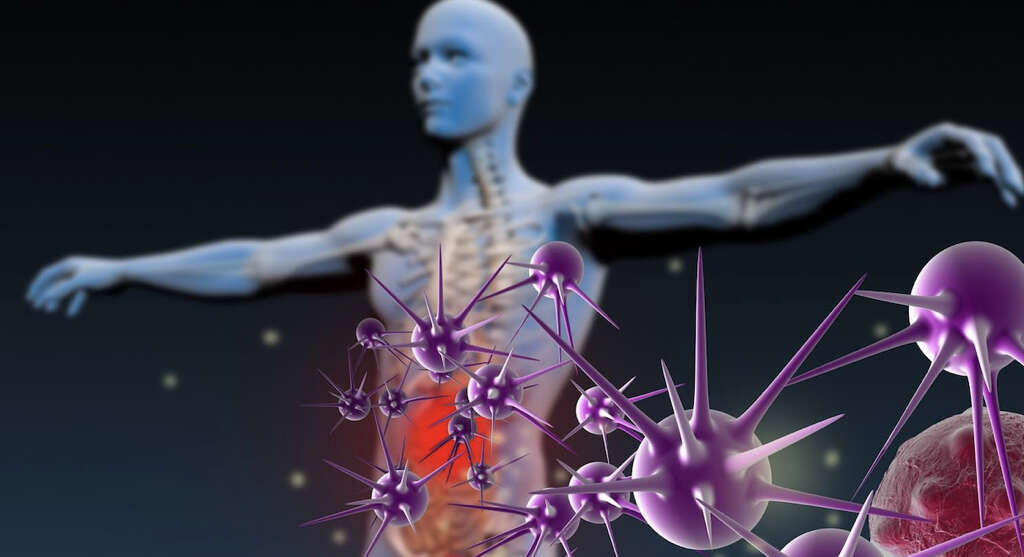What Is Pericardial Effusion?
 Article Sources
Article Sources
- 1. Colombo, A. et al. Etiology and prognostic implications of a large pericardial effusion in men. Clinical Cardiology vol. 11,6 (1988):389-94. doi: 10.1002/clc.4960110606.
- 2. Sagristà-Sauleds, Jaume et al. Diagnosis and management of pericardial effusion. World Journal of Cardiology vol. 3,5 (2011): 135-43. doi: 10.4330/wjc.v3.i5.135.
3. Transmission
Pericardial effusion is not a contagious condition; thus, it cannot be passed from person to person. The underlying condition responsible for pericardial effusion may, however, be contagious. Infections are some of the most common causes.
If the infection is caused by a virus or bacteria, it is likely to be contagious, but contracting the illness from the pathogen does not necessarily lead to pericardial effusion in all people. Other types of infections that can cause the condition, such as those caused by fungi or parasites, are not contagious.
Advertisement











